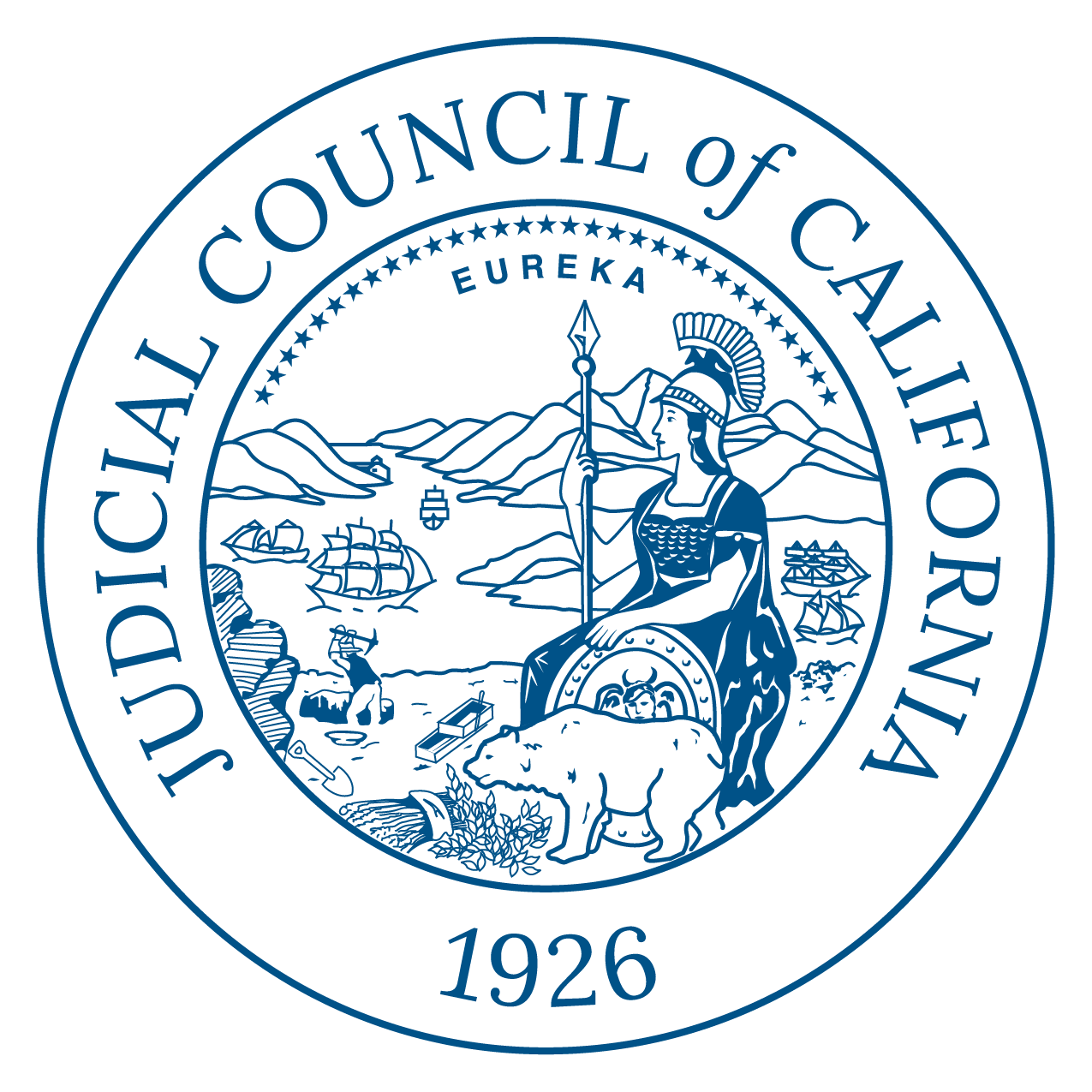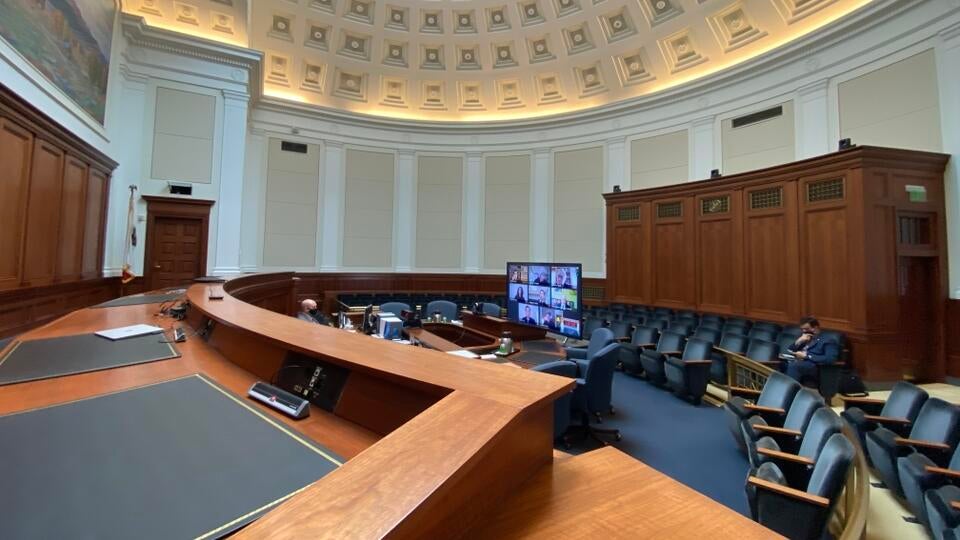Report: Pandemic Spurred Advances in Court Technology and Remote Access
SAN FRANCISCO—The Judicial Council at its November 17 meeting will receive a report summarizing the activities of a working group established to identify, refine, and enhance successful court practices that emerged during the COVID-19 pandemic.
For instance, since the pandemic courts regularly use remote technology to conduct case proceedings—with around 6,000 hearings conducted remotely around the state each day.
In March 2021, the Ad Hoc Workgroup on Post-Pandemic Initiatives began to consider such practices adopted during the pandemic that increased access to justice for court users and the public. During its tenure, the workgroup received input from court users, judicial officers, court staff, legal aid representatives, and criminal and civil attorneys.
The report highlights the workgroup’s efforts and recommendations outlined in its interim reports, which included:
- Expansion of remote access on a permanent basis for most proceedings
- Consideration of conducting juror questionnaires, hardship forms, and selection online
- Recommendations on case and proceeding types to conduct remotely, protocols for ensuring court users fully understand their options, and statewide guidelines to ensure court users receive the best possible levels of service and access
Other Items on the Council Meeting Agenda:
Report on Hybrid Courtrooms: The council will receive the final report from a workstream studying hybrid courtrooms, which identified key concepts to help ensure an effective forum in which all participants could communicate and interact with the court, the other parties, and court staff. The report also provides recommendations on developing a request for proposal for technology equipment that would help expand the capability of courtrooms to conduct remote proceedings.
New Requirements for American Sign Language Court Interpreters: The council will consider recommendations to address the shortage of American Sign Language (ASL) court interpreters, which include approving the Texas Office of Deaf and Hard of Hearing Services Board for Evaluation of Interpreters as an approved testing entity and developing a proposal to certify persons with ASL generalist credentials to perform work in the courts.
Court Adoption and Permanency Month: The council will acknowledge Chief Justice Patricia Guerrero’s proclamation that November is Court Adoption and Permanency Month. Her proclamation by resolution recognizes the ongoing efforts of California’s juvenile courts and their justice partners to provide children and families with access to fair, understandable judicial proceedings leading to timely, well-informed, and just permanency outcomes.
The complete council meeting agenda and council reports are posted to the California Courts Meeting Information Center. A link to a live webcast of the meeting will be on the California Courts website on the day of the meeting.



